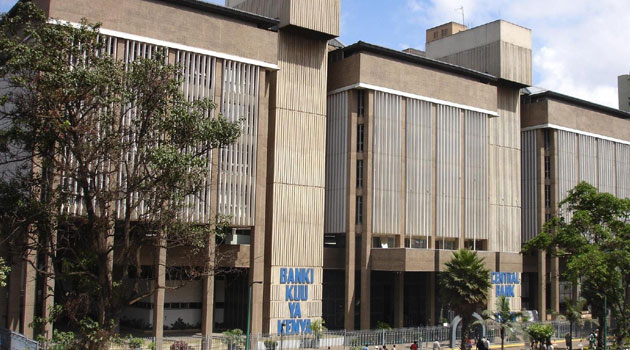×
The Standard e-Paper
Smart Minds Choose Us

Bank managers are responsible for maximising shareholders’ wealth. They, however, operate in a volatile environment and regulating interest rates as implied in the Draft Financial Markets Conduct Bill 2018 could pose a major threat to the stability of the country’s financial markets.
Bank managers focus on deposits and advances, with the interest rate being the link between the two because they pay interest on the former and charge interest on the latter.